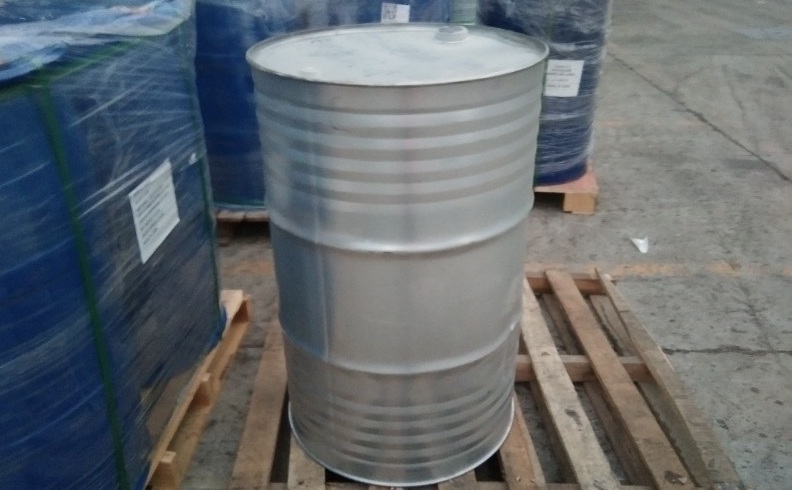Introduction
Sandwich panels are an integral part of modern construction, providing effective solutions for thermal insulation, acoustic insulation, and structural strength. Composed of a lightweight core sandwiched between two thin outer layers, these panels have become a standard building material across industries such as construction, refrigeration, and transportation. The role polyurethane catalysts play in sandwich panel manufacturing affects the quality, performance, and cost-effectiveness of the final product.
In this article, we delve into the industry knowledge of sandwich panels, discuss how they are manufactured, and explore the important role polyurethane catalysts play in sandwich panel production.
What are Sandwich Panels?
Sandwich panels are prefabricated composite materials that consist of three main layers:
Core Material – Typically, a lightweight insulating material such as polyurethane foam, polyisocyanurate (PIR) foam, or mineral wool.
Two Outer Layers – Usually made from steel, aluminum, or other materials that provide durability and structural strength.
The sandwich design provides excellent load-bearing capacity with minimal weight, making it an attractive choice for applications where thermal insulation and structural integrity are required, such as in roofs, walls, and facades.
Types of Sandwich Panels
Polyurethane Foam Sandwich Panels – Known for their excellent thermal insulation properties and energy efficiency.
Polyisocyanurate (PIR) Foam Sandwich Panels – Similar to polyurethane foam panels but with enhanced fire resistance.
Mineral Wool Sandwich Panels – Ideal for high fire resistance and soundproofing applications, often used in industrial settings.
The Role of Polyurethane in Sandwich Panels
Polyurethane foam is one of the most commonly used core materials in sandwich panels due to its superior insulating properties, lightweight nature, and cost-effectiveness. Polyurethane foam offers high thermal resistance, helping maintain interior temperatures and reducing energy consumption in buildings. It also adds strength and rigidity to the panel without significantly increasing its weight.
Key Benefits of Polyurethane Core in Sandwich Panels:
Excellent Thermal Insulation – Helps maintain consistent temperatures and reduce energy costs.
Lightweight – Easier to handle, transport, and install.
Durability – Provides long-lasting performance with high resistance to moisture, chemicals, and physical wear.
Cost-Efficient – Offers a balance between performance and affordability.
The Importance of Polyurethane Catalysts in Sandwich Panel Production
The production of polyurethane-based sandwich panels relies heavily on the use of polyurethane catalysts. These catalysts drive the chemical reactions between polyols and isocyanates, which are the two primary components of polyurethane foam. The right selection of catalysts ensures that the foam develops the desired properties, such as density, thermal insulation, and mechanical strength, while also affecting production efficiency.
Polyurethane catalysts can be divided into two main categories:
Amine Catalysts – Promote the foaming (blowing) reaction, which helps create the cellular structure of the foam.
Metal Catalysts – Accelerate the gelling reaction, which contributes to the foam’s strength and rigidity.
Key Functions of Polyurethane Catalysts:
Control Reaction Speed – Catalysts manage the speed at which the polyurethane foam forms, ensuring consistent quality and preventing defects such as shrinkage or poor adhesion.
Optimize Foam Properties – Catalysts influence the foam’s density, strength, and thermal conductivity, which are critical factors in sandwich panel performance.
Improve Productivity – Efficient catalysts reduce production times by speeding up the foam formation process, allowing manufacturers to produce sandwich panels more quickly and cost-effectively.
Polyurethane Catalyst Solutions for Sandwich Panels
At Mingxu Chemical, we produce a wide range of polyurethane catalysts specifically designed for the production of sandwich panels. Our catalysts enable manufacturers to fine-tune the foaming and curing processes, ensuring optimal performance and cost-effectiveness of the end product.
MXC-TMA: High-Performance Trimerization Catalyst
One of our flagship products for sandwich panel production is MXC-TMA, a tertiary amine catalyst that promotes the trimerization reaction, leading to the formation of polyisocyanurate (PIR) foam. PIR foam is highly regarded for its superior fire resistance compared to standard polyurethane foam, making it a preferred choice in industries where fire safety is a concern.
Key Features of MXC-TMA:
Uniform and Controllable Rise Curve – Ensures consistent foam quality across all panels.
Enhanced Fluidity – Improves the application process, allowing the foam to fill gaps and adhere well to the outer layers.
Optimized Curing – Provides faster curing times, improving productivity without sacrificing quality.
In addition to MXC-TMA, we offer a range of other catalysts tailored to the specific needs of polyurethane sandwich panel manufacturers, including catalysts that enhance fire resistance, improve foam stability, and reduce odor during production.
Conclusion
The production of high-quality sandwich panels depends on the careful selection of materials and chemical components, among which polyurethane foam and polyurethane catalysts play an important role. The properties of the foam directly affect the thermal insulation performance, structural strength and long-term durability of the sandwich panels, while the right catalyst ensures an efficient production process and stable product quality.
At Mingxu Chemical, we are committed to providing advance d polyurethane catalyst solutions to meet the evolving needs of the sandwich panel industry. By leveraging our expertise in polyurethane chemistry, we help manufacturers optimize production processes, reduce costs and provide customers with quality products.
If you are a sandwich panel manufacturer and are looking for reliable, high-performance polyurethane catalysts, please contact us today to learn more about how we can support your business.
Email: info@mingxuchem.com
Post time: Mar-27-2025


